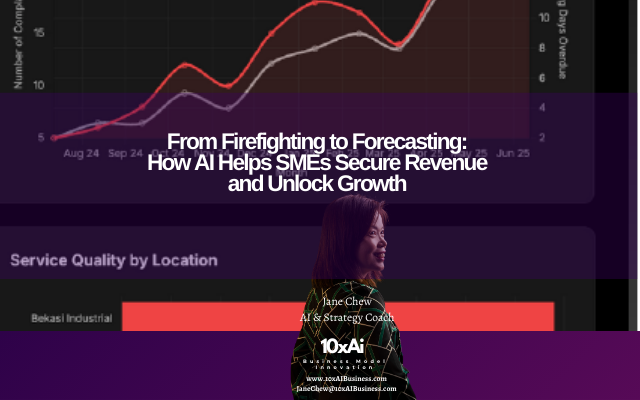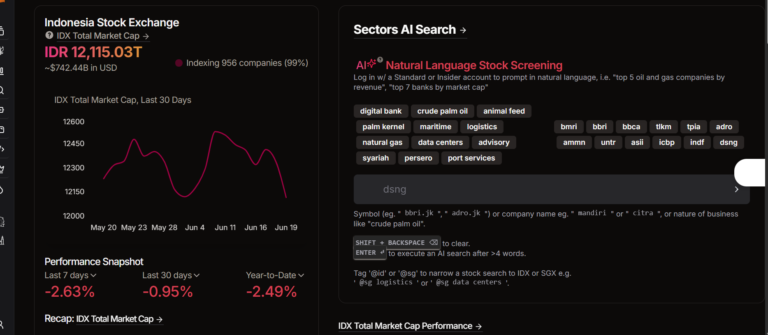The Challenge: A Growing Energy Demand
The world is facing an unprecedented energy challenge. Global energy demand is soaring due to rapid industrialization, urbanization, and the increasing reliance on digital technologies. At the same time, the need for sustainable energy solutions has never been greater as climate change accelerates. Traditional energy sources, such as fossil fuels, contribute significantly to carbon emissions, making the shift toward renewable energy sources a pressing priority.
However, renewable energy solutions like solar and wind face their own challenges, including unpredictability, inefficiency in energy storage, and grid stability issues. This is where Artificial Intelligence (AI) comes in as a game-changer.
How AI is Transforming the Energy Sector
AI is proving to be a powerful tool in optimizing energy production, distribution, and consumption. By leveraging vast amounts of data and predictive analytics, AI-driven solutions are helping to enhance energy efficiency and sustainability in the following ways:
- Smart Grid Optimization AI-powered smart grids can predict and balance energy demand and supply in real time, reducing energy wastage and improving grid stability. By analyzing patterns in consumption and adjusting the distribution accordingly, AI ensures that energy is used more efficiently.
- Predictive Maintenance AI-driven predictive analytics can monitor power plants and energy grids to detect faults before they occur. This reduces downtime, lowers maintenance costs, and increases overall efficiency, ensuring a more reliable energy supply.
- Renewable Energy Forecasting One of the biggest challenges of renewable energy is its variability. AI algorithms can analyze weather patterns and historical data to improve the accuracy of solar and wind energy forecasts, enabling better integration into the power grid and reducing reliance on fossil fuels.
- Energy Storage Optimization AI can optimize battery storage systems by predicting usage patterns and managing energy reserves effectively. This is crucial for making renewable energy sources more viable and reducing dependency on traditional power plants.
- Energy Consumption Efficiency AI-powered systems in smart homes and buildings can analyze energy consumption patterns and make real-time adjustments, such as turning off unused appliances or optimizing heating and cooling systems. This not only lowers energy bills but also reduces overall energy consumption.
AI in Action: Real-World Applications
Companies and governments worldwide are already leveraging AI to tackle energy challenges:
- Google’s DeepMind reduced energy consumption in its data centers by 40% through AI-driven cooling system optimizations.
- Siemens and GE use AI-powered predictive maintenance in wind farms to reduce downtime and increase energy output.
- Tesla’s Autobidder uses AI to optimize energy storage and trading in real-time, making renewable energy more profitable and efficient.
The Future of AI in Energy
AI has the potential to revolutionize the energy sector, but challenges remain. Data security, regulatory frameworks, and high implementation costs need to be addressed for widespread adoption. Additionally, AI itself is energy-intensive, raising questions about its sustainability in the long run.
Despite these challenges, AI offers an incredible opportunity to drive the transition toward a more efficient, sustainable, and resilient global energy system.
What Do You Think?
🤔 How do you see AI shaping the future of energy? A) AI will significantly improve renewable energy efficiency and reduce fossil fuel dependency.
B) AI will enhance energy storage and distribution but won’t replace traditional energy sources.
C) AI has potential, but regulatory and cost barriers will slow its adoption.
D) AI won’t make a major impact on the energy sector.
Drop your thoughts in the comments below! Let’s discuss. 🔥⚡





